-
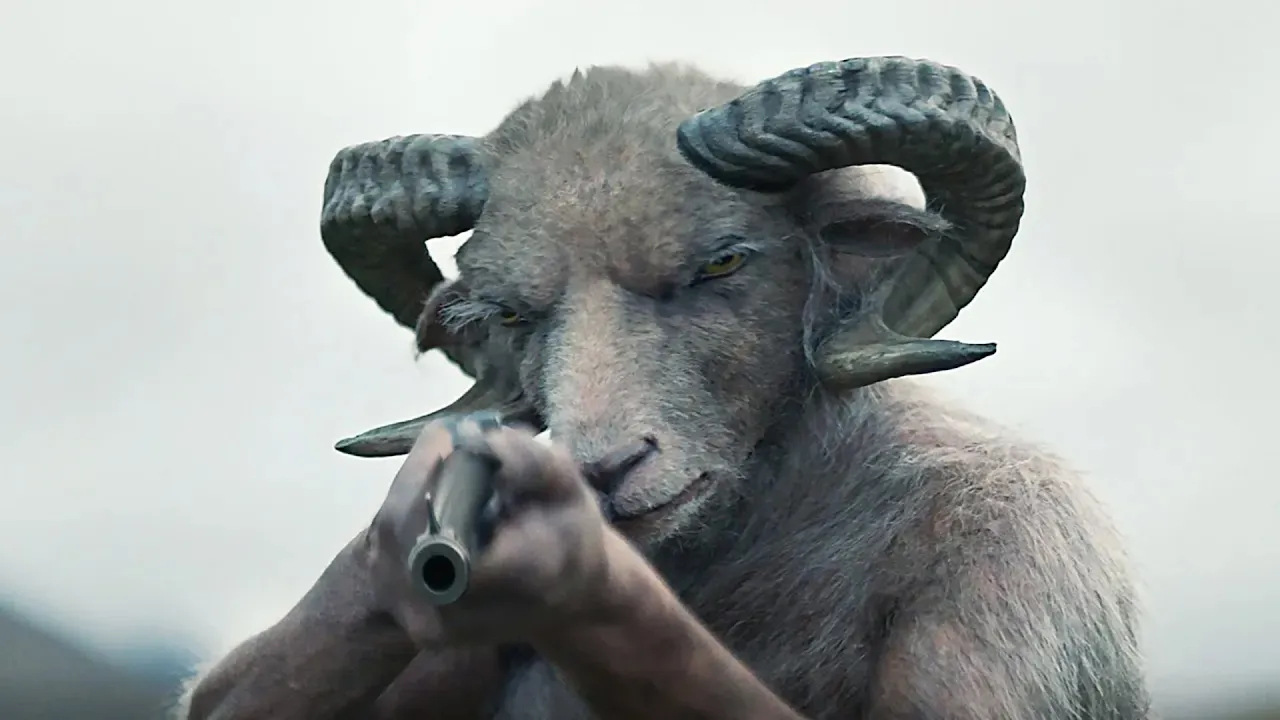
CLIMATE MONSTERS - Ecocriticism and popular films 2.
Chapter 1: INTRODUCTION TO ECOTERATOLOGY
-
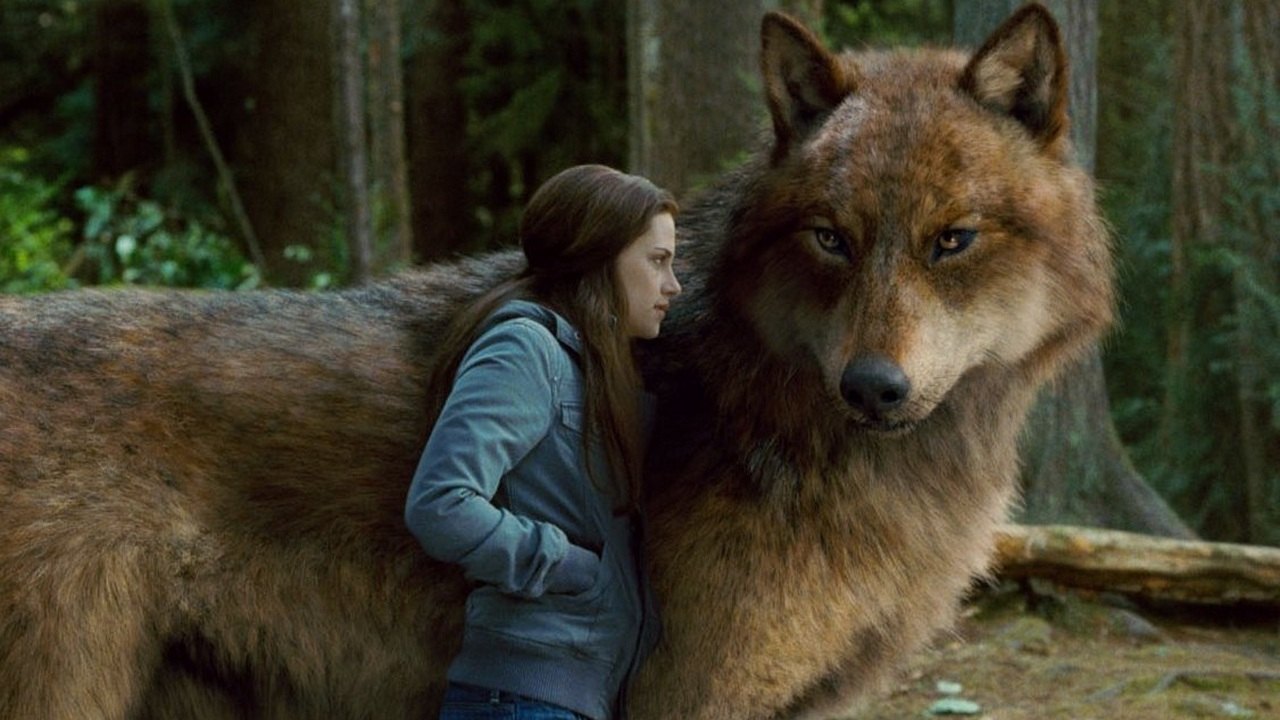
The evolution of werewolf and wendigo films
Chapter 2: SHAPE-SHIFTING IDEAS OF NATURE
-
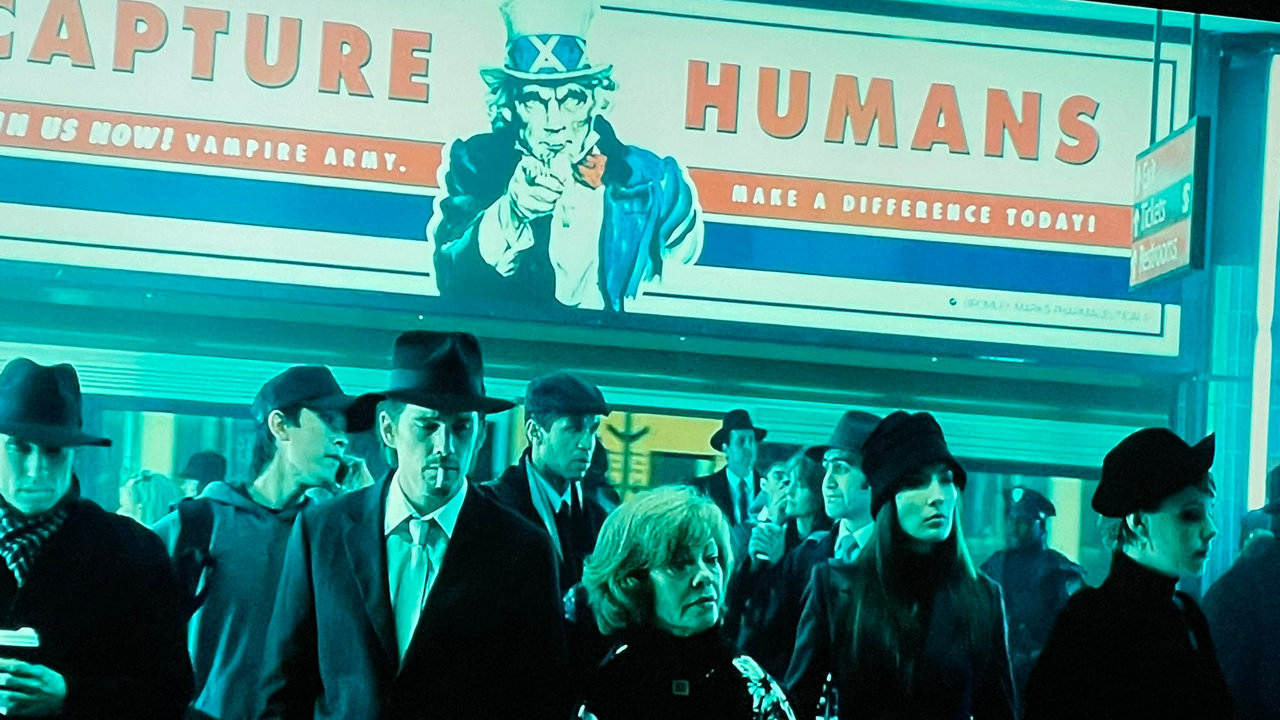
From ecophobia to anti-capitalism in vampire films
Chapter 3: THE ECOGOTHIC VAMPIRE
-

Decomposing society and solidarity economy
Chapter 4: ZOMBICENE
-
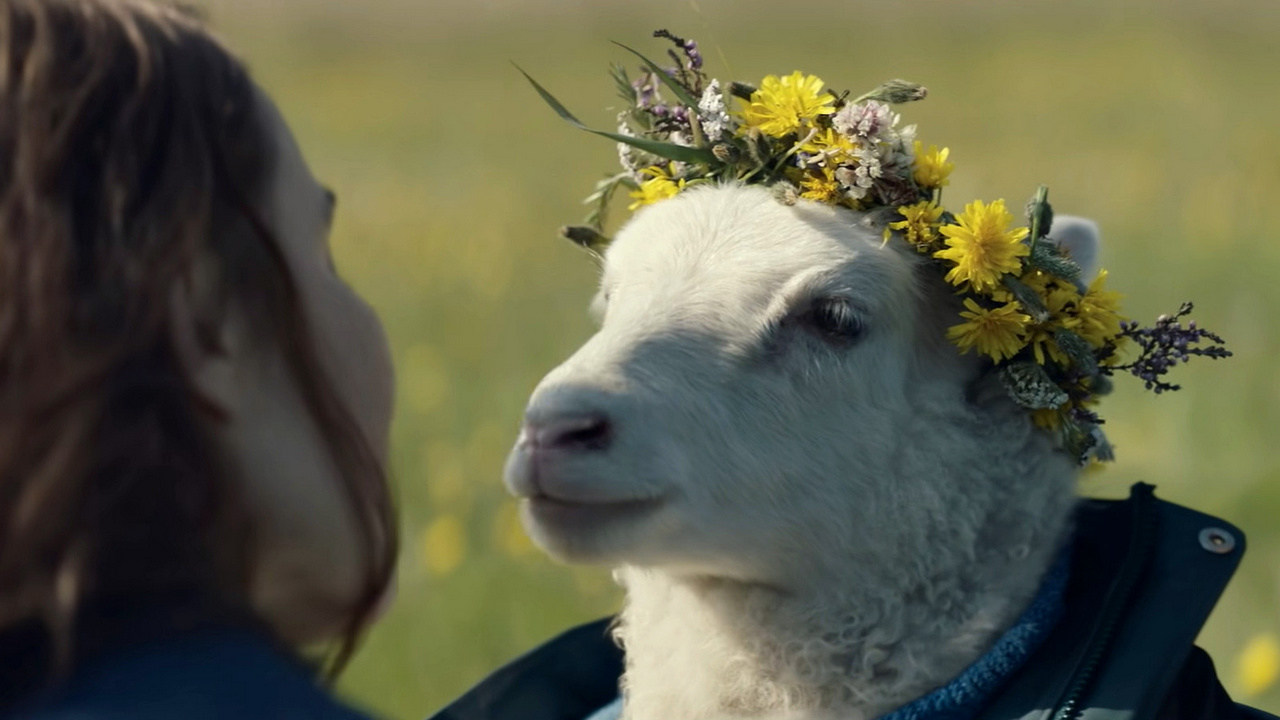
Recycling mythologies
Chapter 5: MUTATION AS METAPHOR
-

Waste management in movies and trash films especially
Chapter 6: TOXIC AVENGERS
-

Ecopolitics in the Marvel universe
Chapter 7: THE SUPERHEROES OF THE CAPITALOECENE
-
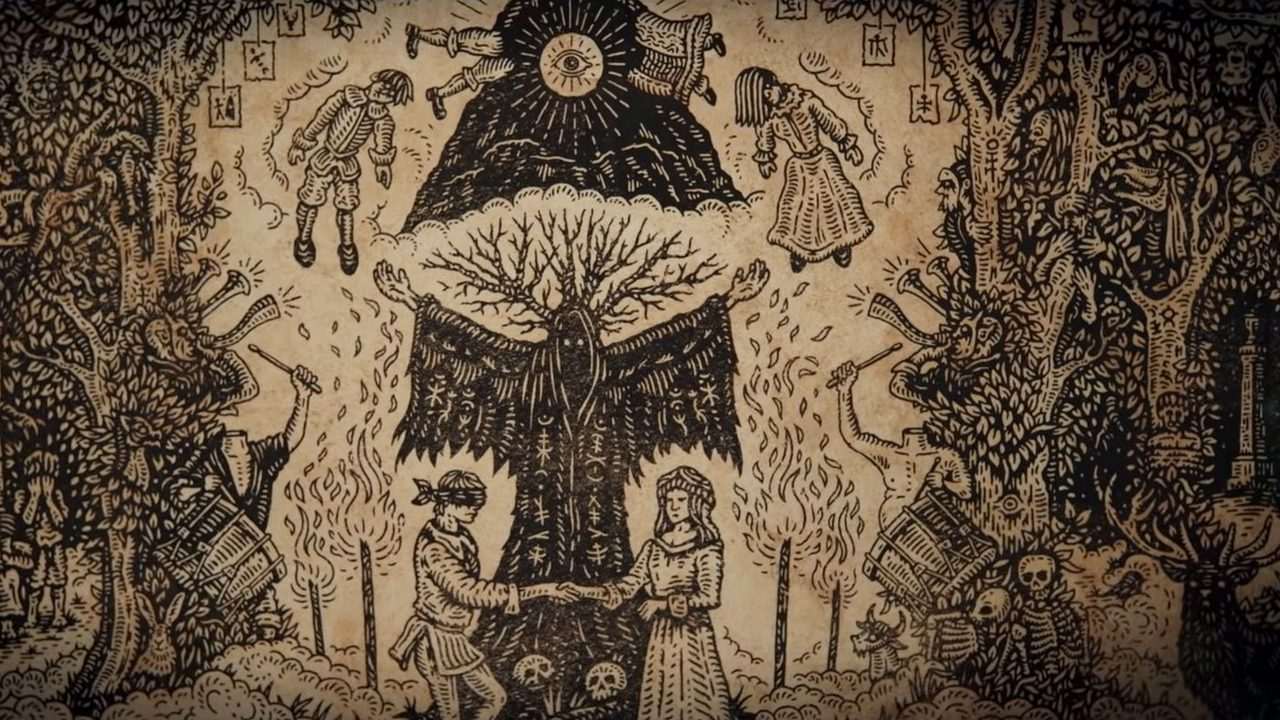
Fitosemiotic exit
Chapter 8: VEGANSTRUCTION, OR TALKING PLANTS
WHAT THE BOOK IS ABOUT?
Climate Monsters - Ecocriticism and popular films 2.
The book examines contemporary cinematic versions of 'classic' monsters - werewolves, vampires, zombies, mutants and aliens - that can be used to express our anxieties about the climate crisis. Of course, these new variants are not unrelated to their traditional representations, quite the contrary. The aspect of environmental problems that these monsters are able to illuminate depends on already established meanings. What these meanings are, and how films update or rethink them in environmental ways, is illustrated in this book by the analysis of a series of popular films. Do these films only heighten our fears, or do they also offer hope, perhaps inspire us to change our way of life, or even suggest solutions worth considering? Let the reader decide.
WHAT IS ECOCRITICISM?
No, it is not a term for the rationalized expression of our revulsion for ecology.
Nor it is (only) an assault directed on the political rhetorics of greenwashing.
And it is not the general working method of an environmentally conscious cultural critic, who switches off the television and the computer when she reads Shakespeare, and buys books only when they are printed on acid-free paper... That is all OK, but ecocriticism is something more special.
Ecocriticism is the study of the relationship between cultural products and the environment, which became an academic discipline only in the 1990s.
- Detailed description of the book -
CLIMATE MONSTERS: Ecocriticism and Popular Films 2.
The linguistic translation of the detailed descriptions of the chapters is underway.

Climate Monsters: Chapter 1. - INTRODUCTION
Over the past two decades, countless collections of essays have dealt with the subject of horror and monsters, and serious critical monographs focusing on the so-called “eco-horror” have appeared on the market at about the very time when it became generally accepted that the Holocene had ended and that we were now living in the Anthropocene.
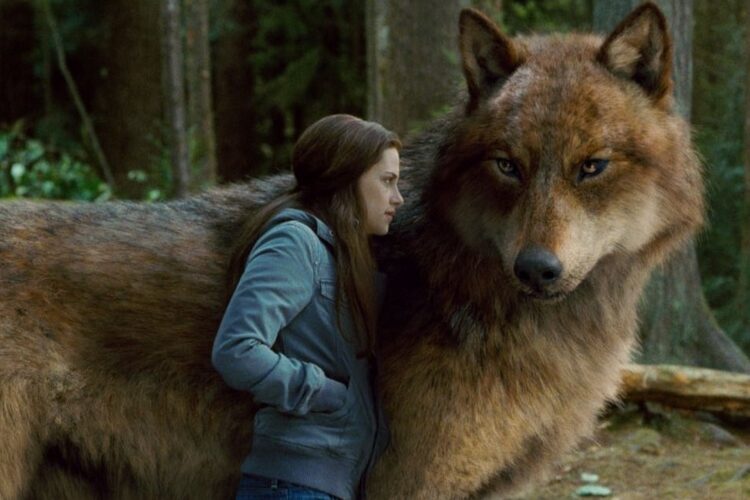
Climate Monsters: Chapter 2 - SHAPE-SHIFTING IDEAS OF NATURE
The chapter shows how the werewolf has been transformed from a symbol of the shameful animal aspects of human existence to an icon of peaceful coexistence with nature and sustainability.
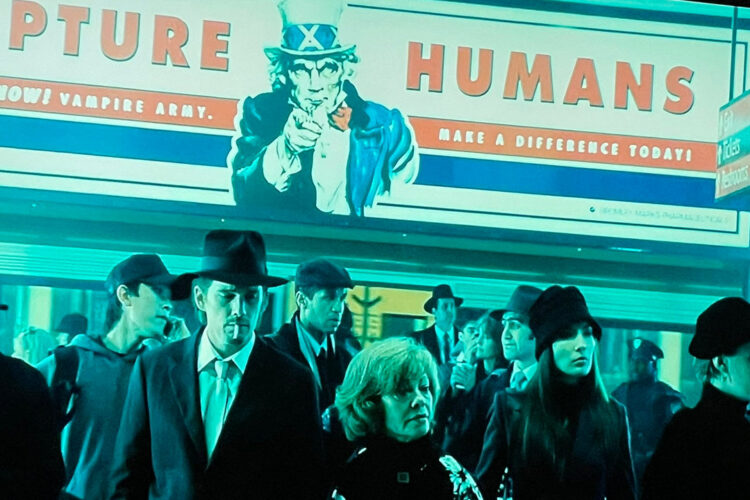
Climate Monsters: Chapter 3 - THE ECOGOTHIC VAMPIRE
Like shapeshifters, vampires can also carry ecological messages: they represent the exploitation of natural resources, while in Twilight they have become sympathetic characters precisely because they feel guilty and try to do something about it.

Climate Monsters: Chapter 4 - ZOMBICENE
In the ‘typical’ contemporary zombie narrative, the repulsive undead represent the most underprivileged sections of society; they are associated with those excluded from the system of care, and sometimes the zombie plague is even perceived as the threat of ‘migration’.

Climate Monsters: Chapter 5 - MUTATION AS METAPHOR
One of the ways in which modern monsters are created is through mutation, which in the past was often presented as a consequence of chemical contamination, but is now increasingly seen as a side-effect of infection, or the result of some kind of biotechnological intervention to overcome the biological limits of human existence.

Climate Monsters: Chapter 6 - TOXIC AVENGERS
The chapter examines films the monsters of which in some way represent the ecological problems posed by the accumulation of trash and inappropriate waste management.

Climate Monsters: Chapter 7 - THE SUPERHEROES OF THE CAPITALOECENE
The problem of the climate crisis was introduced into the Marvel’s superhero universe rather unexpectedly with the appearance of Thanos in 2018’s Avengers: Infinity War, who threatens to halve the population of the universe for ecopolitical purposes.

Climate Monsters: Chapter 8 - VEGANSTRUCTION, OR TALKING PLANTS
The chapter analyses recent plant-themed films, in which the vegetal nation shows a curious ability to communicate.
CHARACTER
WORD
LINE
PARAGRAPH
PAGE
BOOK
Topic and author
Why, how and how long have our future-related hopes and fears been concentrated around the visual representation of our relationship to our environment? Is the rhetorical mode of representation typical of blockbuster feature films able to induce active commitment towards a sustainable world? Since “climate denial” is a defense mechanism, it would seem logical to formulate a hypothesis according to which Hollywood films rather offer the opportunity for narcissistic ignorance towards climate change and ecological crisis in general. However, it is also possible that popular films are effective exactly where open environmental didacticism is inappropriate. The films analyzed in the book Biomovie do not put into operation strategies of climate change denial, quite the contrary, they successfully break through the “defense lines” of the audience, crawl under our skin, and slowly transform us.

What is ecocriticism?
No, it is not a term for the rationalized expression of our revulsion for ecology. Ecocriticism is the study of the relationship between cultural products and the environment, which became an academic discipline only in the 1990s.

The author: Annamária Hódosy PhD.
Dr. Annamária Hódosy – Senior Associate Professor – University of Szeged – Faculty of Arts, Department of Visual Culture and Literary Theory









